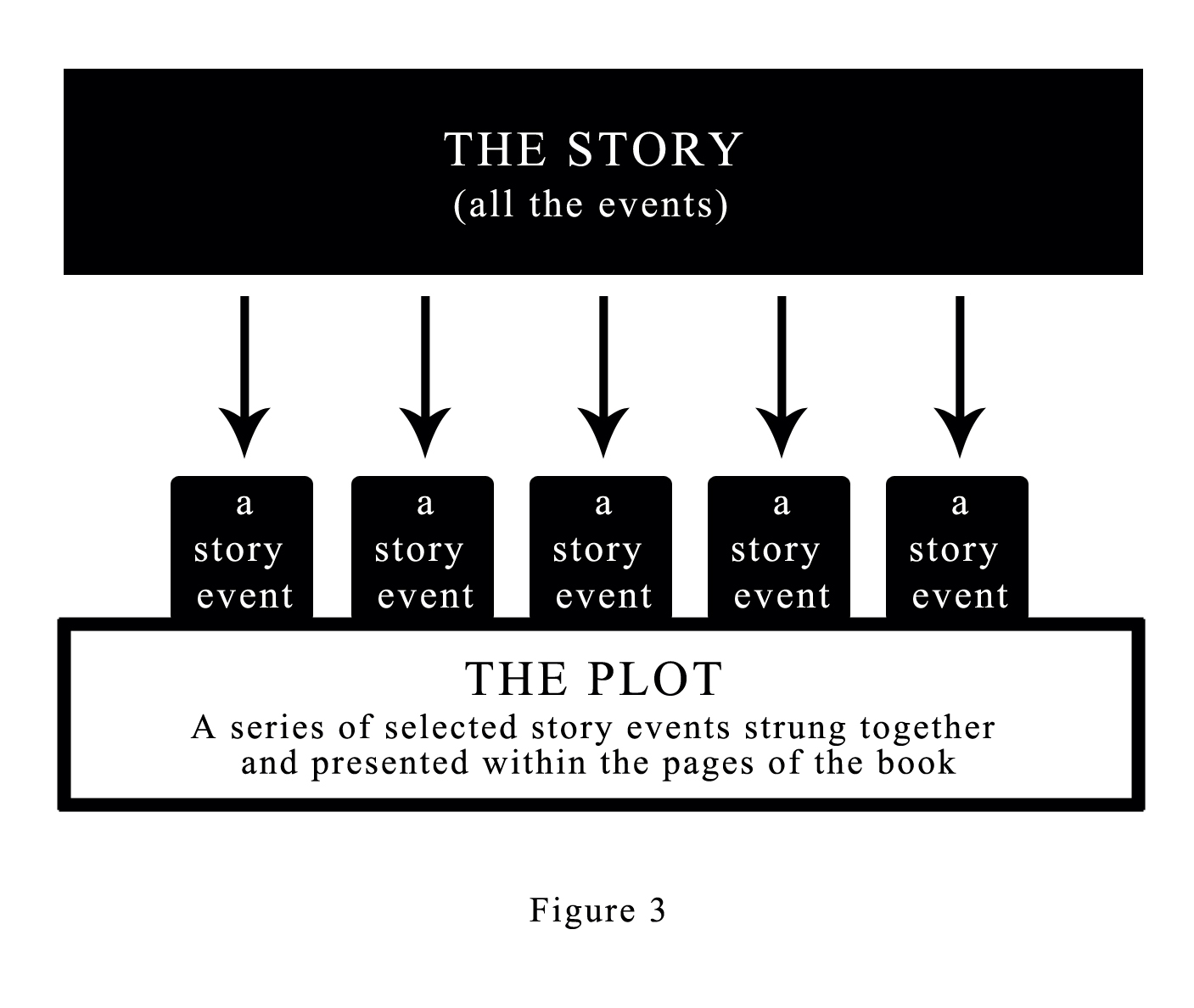Bordwell and Thompson‘s reading this week focused on narrative and relations. A quote in the beginning on the reading explained narrative as a way of organising knowledge which I found quite adequate. I think all we try to do through art and creation is organise our knowledge. We explore, interrogate and critique the world and our ideas through what we express, whether it be through writing, film or painting.
We can also express and organise our knowledge through non-narrative and multi-linearity. As humans I think we crave narrative: we look for signs, symbols, patterns; we believe in fate and destiny, and that everything happens for a reason. But does that necessarily mean it’s the ‘best’ or most appropriate for our lives?
The reading explained relations in narrative: we connect events through causality, time and space.
 This chapter also mentioned reactions to conventions, which got me thinking about creative rebellion.
This chapter also mentioned reactions to conventions, which got me thinking about creative rebellion.
Creativity is the greatest rebellion in existence. If you want to create you have to get rid of all conditionings; otherwise your creativity will be nothing but copying, it will just be a carbon copy. You can be creative only if you are an individual, you cannot create as part of the mob psychology. The mob psychology is uncreative; and it lives a dragging life, it knows no dance, no song, no joy; it is mechanical. – Osho
